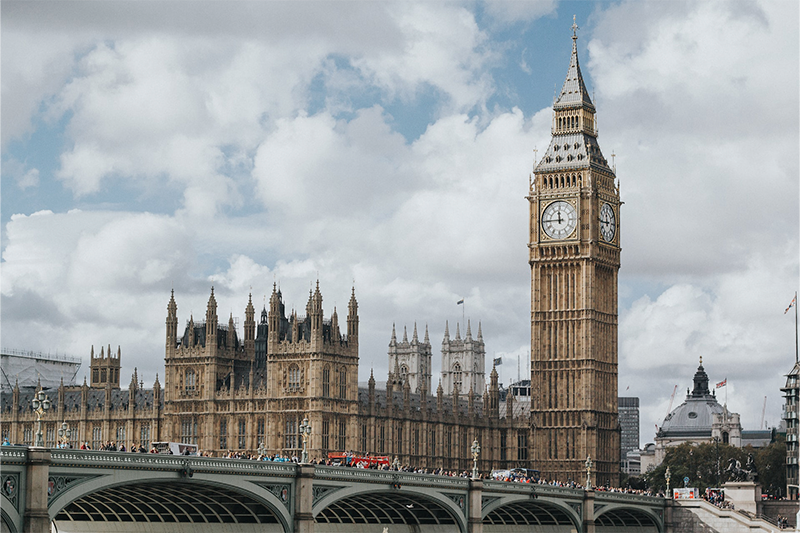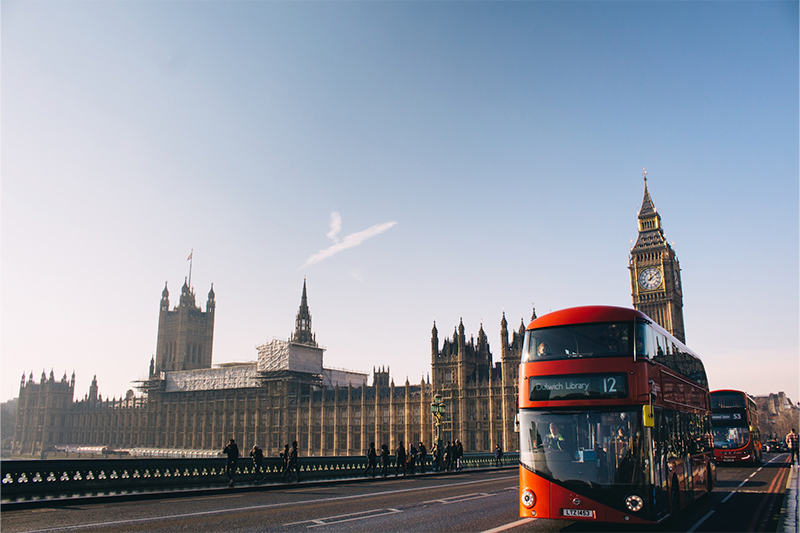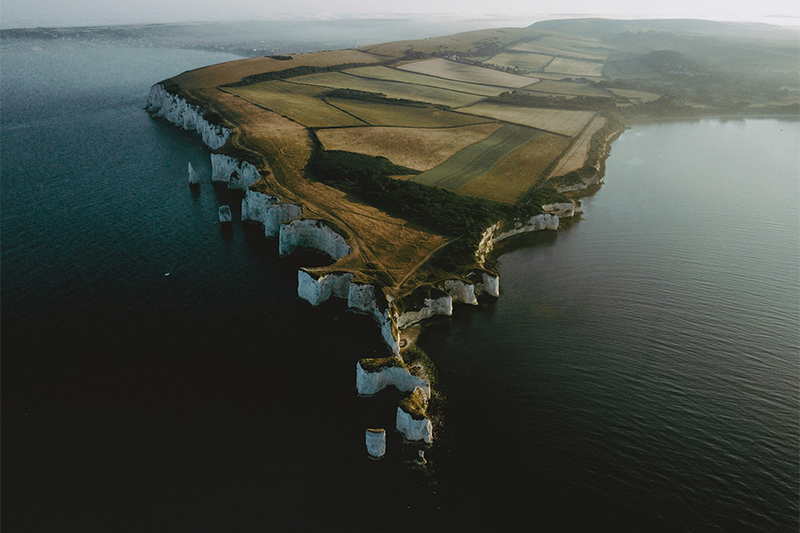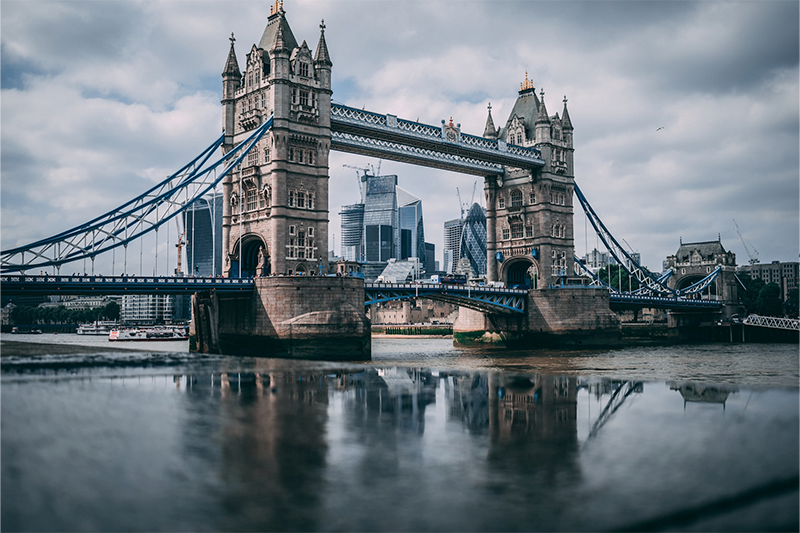
Should professionals care about the framework?
Is The UK’s Resilience Framework Relevant–inside of the UK or to the world? Indeed, The UK Government Resilience Framework (HTML) published on December 19, 2022, is relevant to the island nation. It is an effort to create a mindset of prevention and increase the nation’s flexibility in times of crisis. And Britain is preemptively trying to position its government, communities, and citizenry to withstand calamities in the times to come.
However, I have to ask myself–can the public sector achieve resilience? As we know, it’s hard enough to get people to do the simplest of preparedness activities. Individuals either have a misguided belief their governments will make them “whole” again, lack necessary resources, or suffer from a positivity bias that nothing terrible will befall them. Of course, we know better. The data is stacked against the average citizen, and many communities are already cash-strapped. Regardless, let’s look at the framework and see what it offers.

Nations don't make communities whole again
The Cabinet Office states, “The UK Government Resilience Framework sets out how we will strengthen the systems and capabilities that support our collective resilience.” The government’s goal is for the country to achieve a resilient nation status. Achieving this will require all sectors of the nation to put disaster preparedness front and center. As I shared in my thoughts on NOAA Billion-Dollar Weather And Climate Disasters blog, the role of natural disasters in impending such an aim is fundamental. No longer can communities or individuals expect their national response to solve local problems.
Of course, we know that was never the role of a nation’s response apparatus to make people whole again post-crisis. In the wake of the pandemic, geopolitical instability posed by the war in Ukraine, and the subsequent energy crisis, it is admirable that Britain wants to achieve resilience. You all know I am in favor of that. Ukraine’s Resilience In Action is impressive, but it is doubtful the nation was prepared for a long-term conflict. With this in mind, along with other risk concerns, the UK is leading the way in establishing a country-wide system.

How does the UK define success?
Reading through the policy document, two main goals stand out. One is that the UK’s objective is to develop a strategy to thwart cyberattacks. The second is to gain energy security. The plan proposes establishing a resilience framework through an increased understanding of risk, enhanced preparedness, and a whole-society approach. It’s bold and rooted in a desire to instill flexibility and agility in a democratic system utilizing a unitary state model.
So, as a constitutional monarch with a parliamentary democracy, aspects may be easier to motivate local communities. As such, it may be more challenging for other countries, like the US, to roll out their activities centrally. A sovereign nation can have advantages in creating this call to action and authoritatively unionizing outcomes. From what I read, the strategic deliverables by 2030 are obtaining a clear understanding of risk, then codifying leadership responsibilities and accountability. Finally, establishing defined public-private partnerships across all sectors while investing in the framework’s core components through skill-building.

It's a lofty goal, indeed.
To use California slang, it’s an audacious mission. Pillars to support the framework include actions to account for overall responsibility and accountability. Next, building cross-functional partnerships are herculean feet. The US National Response Framework seeks scalability, flexibility, and adaptable concepts in the US. But, it is primarily a reactive model for emergency response.
In contrast, the UK’s framework is created for front-end mitigation and preparedness by proactively instilling resiliency into the crisis lifecycle. Reviewing the Disaster Forecast For 2023, I applaud the effort but wonder if the timeline is too far in the future. At least to solve issues for the near term. Those closer to the problem in Britain may have a different viewpoint. However, I recently jumped on a Zoom call with a colleague wearing a knit cap and braving the cold to keep his energy bill down. In my experience, it is customary that most government systems’ processes for implementing adequate controls and mitigation strategies take far longer than the public requires.

The UK Gov't Resilience Framework
Going back to my original question of whether the UK’s Resilience Framework is relevant, I have a mixed response. On the one hand, I support the desire to build greater resiliency into country-wide systems. But, on the other, I am pretty cynical about how effective, efficient, and relevant it will be to individual citizens. In my time, I have seen federal or organizational initiatives launched with great fanfare, only to fade away quietly.
However, I am sure other nations will follow suit and develop similar projects. What seems lacking but may be embedded in the intent is to change the nation’s culture to normalize resiliency. I am not from the UK, but New Englanders have a strong affinity in this part of the country with our friends across the pond (except for the US evolutionary war, of course). The Brits are traditionally a strong, hard, resilient bunch. Yet, instilling a nationwide mechanism for changing reactive skills to proactive ones is daunting. As the authors of the policy document state, “This will take a huge shift and this framework is only the start.” In essence, it aims to understand and route out problems from the start or minimize the impact of an event.

Go forward to build resilient organizations
Great Britain’s effort to embrace Resilience began twenty years ago, and the concept is roughly a hundred years old. Of course, that isn’t to say that adaptable people and governmental systems weren’t in place before the last century. Far from it! However, we face catastrophes much more extreme than in years past. Not because plagues, wars, natural disasters, or global events did not affect past generations but because the world is more interconnected than ever.
Although I don’t want to sound isolationist, it may behoove countries to consider bringing back increased food, energy, and manufacturing capabilities. Our penchant for off-shoring and distributing risk exposure may need to be re-examined. Maybe the UK is already considering this as part of its energy strategy, for example. Many firms started with Operational Resilience, and now this framework calls for an integrated societal effort. So, it is crucial for us to track the development of governmental efforts to integrate public and private initiatives. As professionals, our contribution continues to encourage the development of resilient organizations.
For further reading
Two articles that react to The UK Government’s Resilience Framework:
Did you know?
Disaster Empire blogs contain embedded links to source materials, articles of interest, videos, books, and training I recommend. Just click on the blue embedded link to access the resource.
